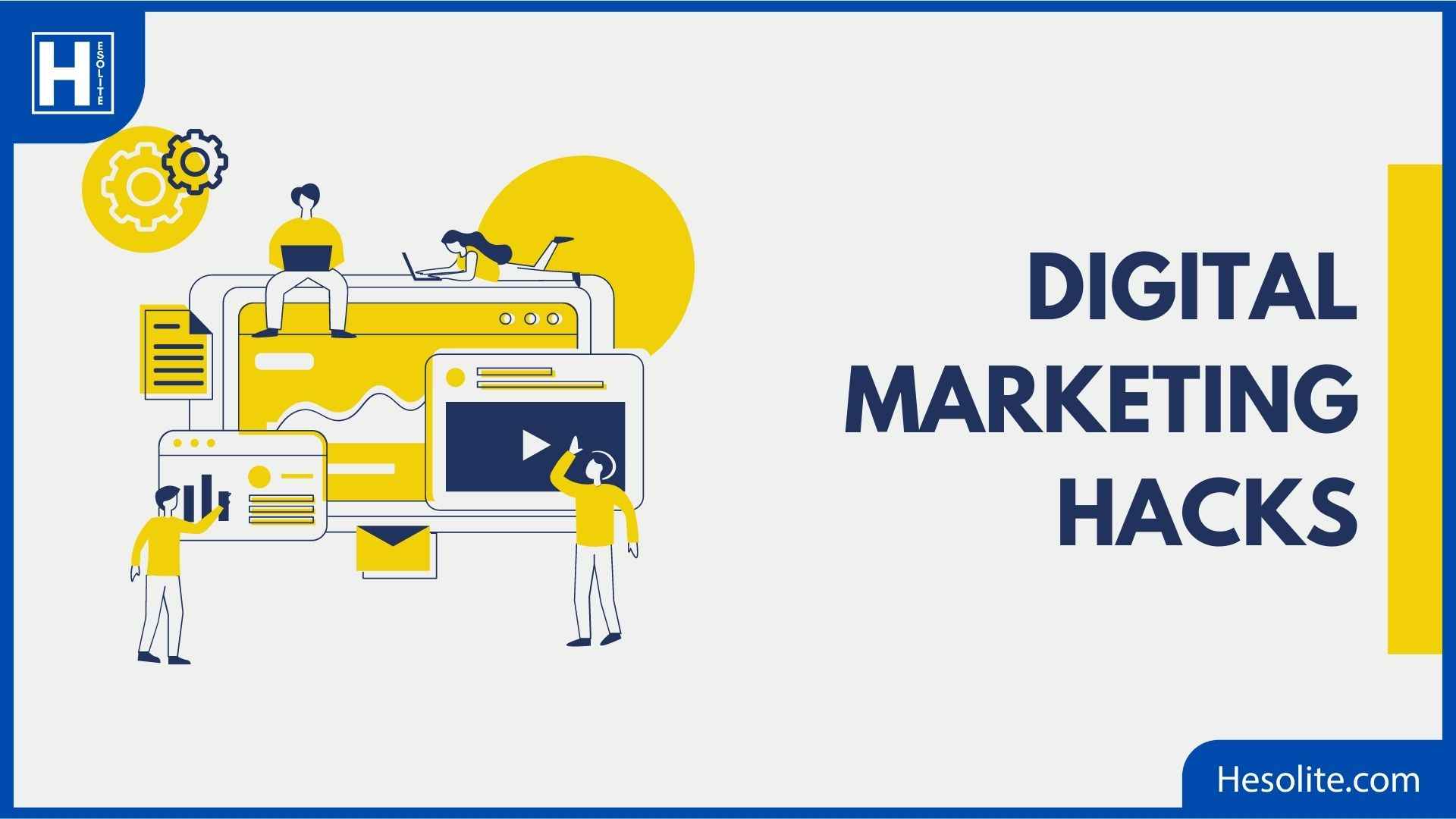Online marketing, also known as digital marketing, is the practice of promoting products or services on the Internet through various channels such as search engines, social media, email, and websites. It is a crucial aspect of modern business as more and more consumers turn to the Internet to make purchasing decisions.
What is Online Marketing?
Online marketing, also known as digital marketing, refers to the practice of using digital channels such as search engines, social media platforms, email, and other websites to promote a product, service, or brand. The goal of online marketing is to reach potential customers and engage with them in a way that encourages them to take a desired action, such as making a purchase or signing up for a newsletter.
Online Marketing Used Different Tactics
Online marketing encompasses a wide range of tactics, including search engine optimization (SEO), pay-per-click (PPC) advertising, content marketing, email marketing, social media marketing, and more. And, each of these tactics has its own set of strategies and best practices for achieving specific goals.
Target Specific Audience
One of the key advantages of online marketing is its ability to target specific audiences with precision. By using data and analytics, marketers can identify the demographics, interests, and behaviors of their target customers and create targeted campaigns that are more likely to resonate with them. This can result in higher conversion rates and a better return on investment (ROI) compared to traditional marketing methods.
In the realm of Online Marketing, establishing meaningful connections with customers is paramount. NPS Platforms Leveraging social media platforms such as Facebook, Instagram to enhance Net Promoter Score engagement, ensuring a more personalized and impactful customer experience.
5 Benefits of Online Marketing
Online marketing offers numerous benefits for businesses looking to reach and engage with their target audience. Here are some of the key benefits:
Increased Reach
With online marketing, businesses can reach a wider audience than ever before. This is because the internet has become a ubiquitous part of people’s lives, with billions of users around the world. By using various online marketing tactics, businesses can reach potential customers wherever they are, at any time.
Targeted Advertising
Online marketing enables businesses to target their advertising efforts to specific audiences. This means that they can create ads that are more likely to resonate with their target customers and drive conversions. Targeted advertising also helps businesses save money on their advertising spend by reducing wasted impressions and clicks.
Measurable Results
Online marketing provides businesses with detailed analytics and data on their campaigns, allowing them to track their performance and measure their results. This means that businesses can optimize their marketing efforts based on data-driven insights, leading to better ROI and more effective campaigns.
Cost-Effective
Online marketing can be much more cost effective than traditional marketing methods. For example, email marketing can be a very low-cost way to reach and engage with customers, while social media marketing can be done at a relatively low cost compared to TV or print advertising.
Increased Brand Awareness
Online marketing can help businesses increase their brand awareness by reaching a wider audience and creating engaging content. By consistently providing value to their target audience, businesses can build a loyal following and increase their brand recognition over time.
6 Key Concepts of Online Marketing
Here are some key concepts you need to know about online marketing:
Website Design and Optimization
A well-designed website is essential for online marketing. Your website should be easy to navigate, visually appealing, and optimized for search engines.
Search Engine Optimization (SEO)
SEO involves optimizing your website to rank higher in search engine results pages (SERPs). This involves keyword research, on-page optimization, and link building.
Pay-per-click (PPC) Advertising
PPC is a form of online advertising where advertisers pay each time a user clicks on one of their ads. This can be done through platforms like Google Ads, Bing Ads, or social media advertising.
Social Media Marketing
Social media platforms like Facebook, Instagram, and Twitter are great for building brand awareness, engaging with customers, and driving traffic to your website.
Email Marketing
Email marketing involves sending promotional emails to your subscribers to promote your products or services. This can be a highly effective way to nurture leads and increase conversions.
Content Marketing
Content marketing involves creating and sharing valuable content to attract and engage with your target audience. This can include blog posts, videos, infographics, and more.
Analytics and Tracking
It’s important to track and analyze your online marketing efforts to understand what’s working and what’s not. This can be done through tools like Google Analytics, which can provide insights into website traffic, user behavior, and more.
Conclusion
By understanding these key concepts, you can develop an effective online marketing strategy that reaches your target audience and helps you achieve your business goals. Overall, online marketing is a powerful tool for businesses looking to reach and engage with their target audience in a cost-effective and measurable way. By leveraging the latest digital marketing tactics and strategies, businesses can drive conversions, increase brand awareness, and achieve their marketing goals more effectively than ever before.


